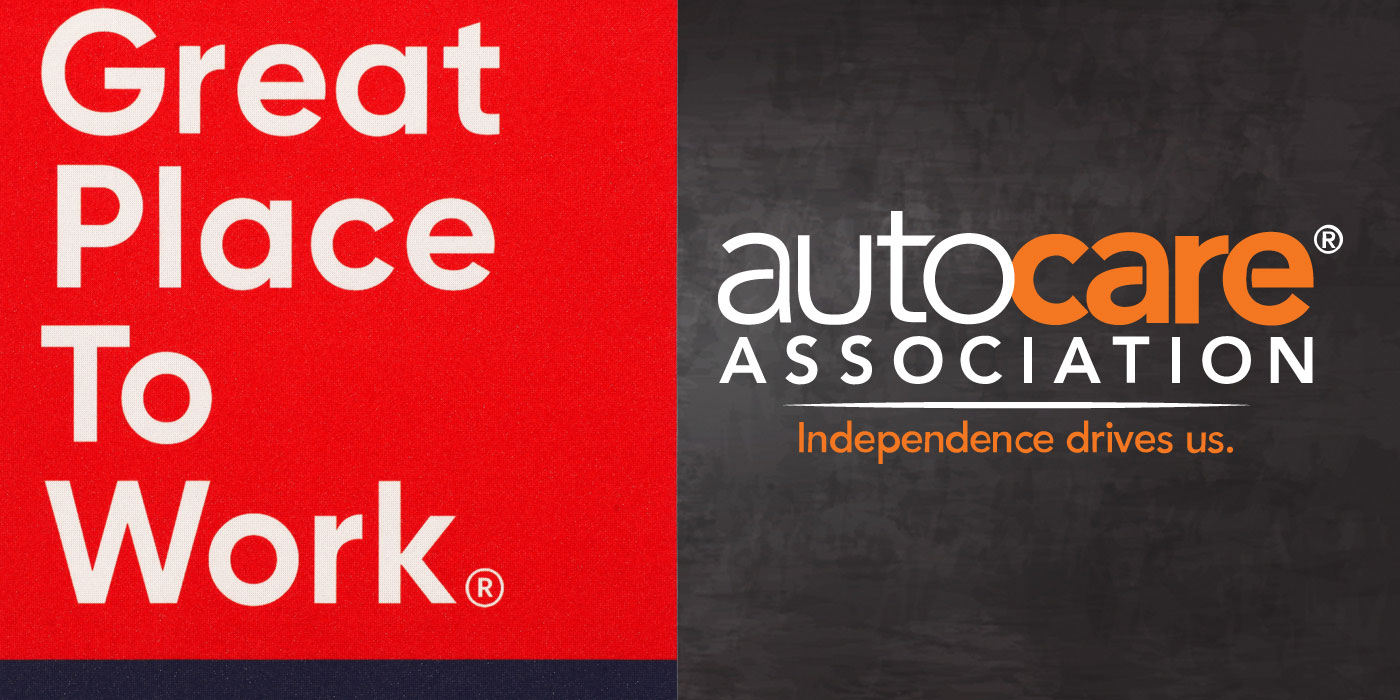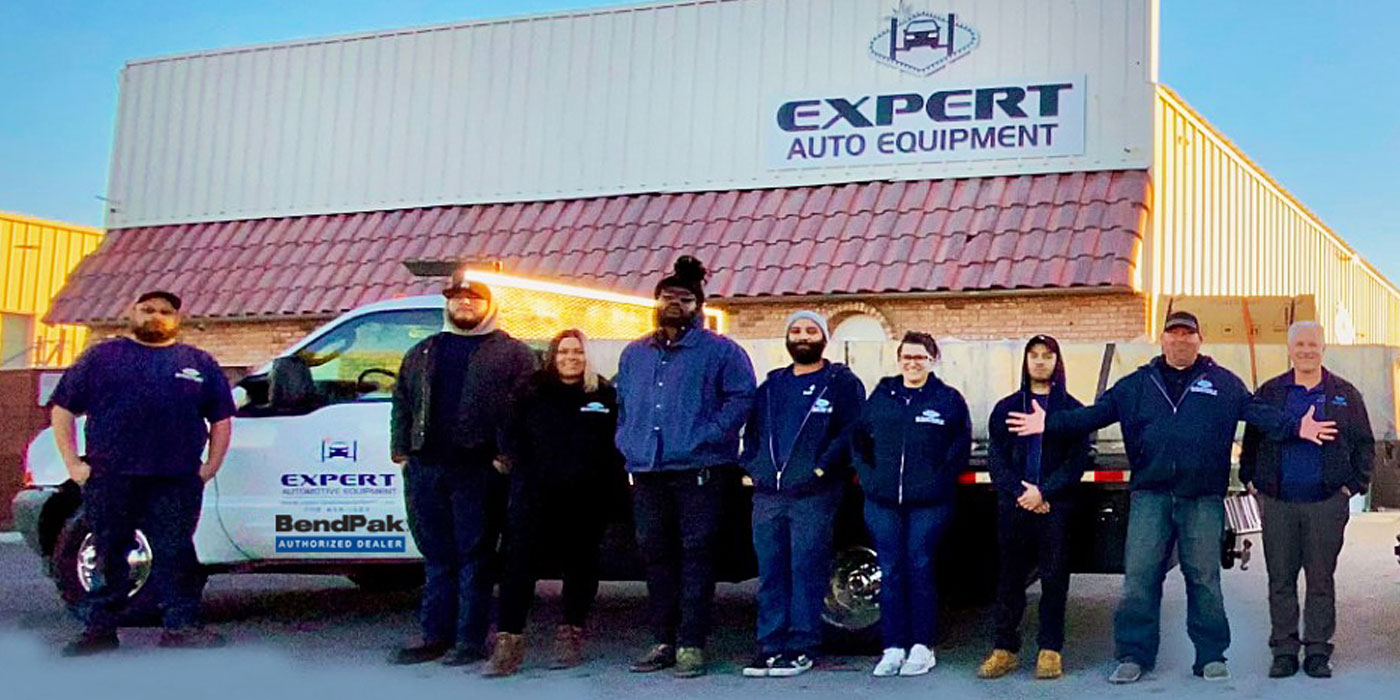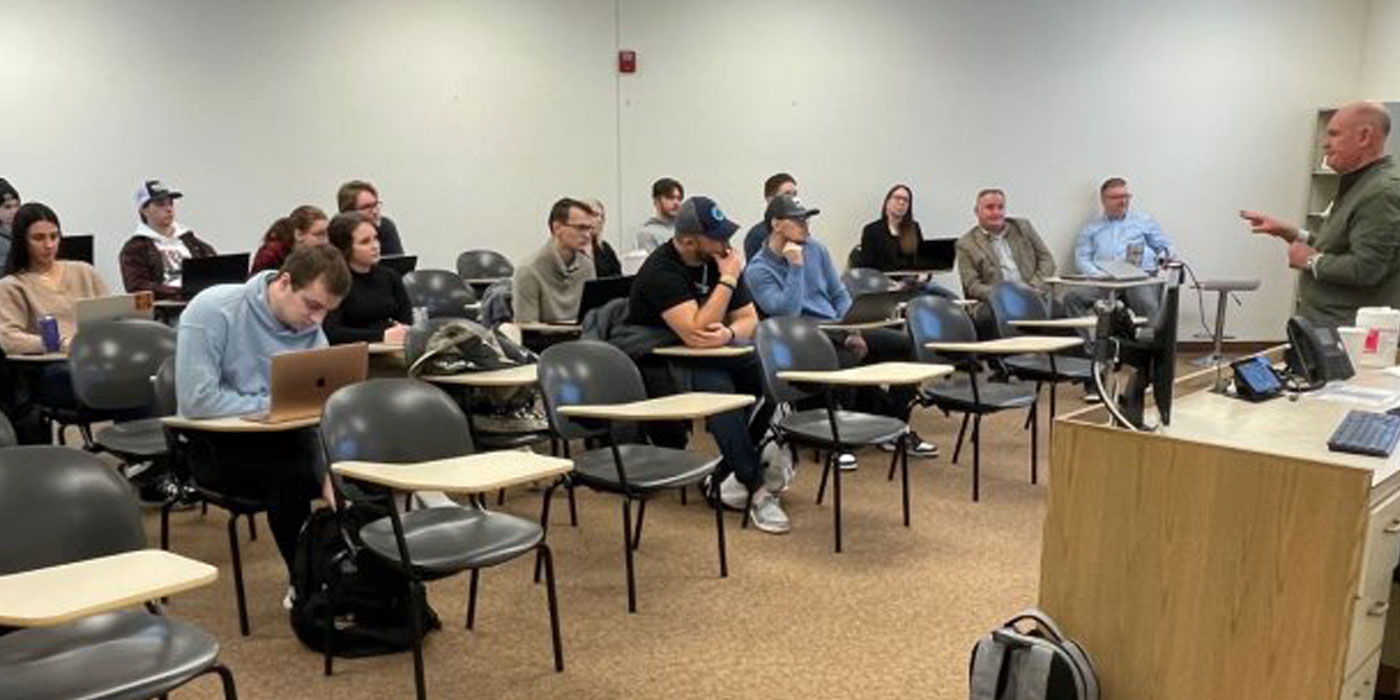Rusty Bishop
CEO, Federated Auto Parts
How important is data/data warehousing to your operations?
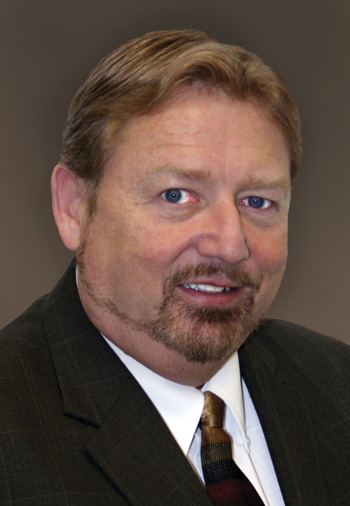 In a recent poll of the Federated Board of Governors, business intelligence was found to be one of the highest priorities of our membership, and data warehousing is one of the best ways for us to develop additional business intelligence. We are investing heavily in this area in terms of capital and manpower, working to collect and standardize data from all members. Our focus is not just to have data available, but to have accurate data in the right format so that it is utilized by our members and suppliers to improve their businesses.
In a recent poll of the Federated Board of Governors, business intelligence was found to be one of the highest priorities of our membership, and data warehousing is one of the best ways for us to develop additional business intelligence. We are investing heavily in this area in terms of capital and manpower, working to collect and standardize data from all members. Our focus is not just to have data available, but to have accurate data in the right format so that it is utilized by our members and suppliers to improve their businesses.
We believe it is essential to the long-term success of our industry to provide better information to all partners in the supply chain in order to increase sales, manage inventory more efficiently, reduce waste and manage opportunities. We are working hard to normalize all our data so that internal comparisons will be valid and applicable. We are also working with suppliers to learn their needs and find what works for them. Data warehousing is a process that will continue to evolve and be refined, and luckily, we have very good line commonality among our members, helping to generate meaningful data.
How are you using technology/data to your group’s advantage?
The entire topic of technology is almost too large to look at today in an article like this. But, as an overview, we are focused on using technology to increase sales and profitability while reducing operating cost and waste. Specifically, it all starts with our internal catalog information repository that supports added sales and greater efficiency for our members. We have adopted an EDI standard to reduce cost for members and suppliers, allowing for better information. We have implemented WMS at our Co-Man facility to increase accuracy, lower expenses and have live inventory available for member inquiry.
We are working on an inventory cloud project to streamline cost, reduce time and improve service for special orders, and our Enhanced Supply Chain (ESC) initiative is providing business intelligence with the same significant benefits for our membership. We are working with a third party on inventory modeling and replacement forecasting methods using internal and market data, and we are exploring ways to put more information at the fingertips of our counter personnel and technician customers to increase speed and productivity at all levels. We have an Internet-based electronic catalog available for our shop customers and have integrated with most shop management systems. We are using websites and social media to communicate with our members and their professional service customers. In short, Federated has a tremendous amount of activity in this area today and we expect it to continue to grow in importance going forward.
How are you tackling parts proliferation?
Three words: 365-day terms. No wait – that’s how the retailers are tackling parts proliferation and 365-day terms is my answer to the next question. Seriously, we work hard to put the right parts in inventory and not reorder slow-movers. With all the changes in the vehicle population and the average vehicle age increasing, this is a more difficult issue than ever before, but is an area where collaborating on data and leveraging the collective experiences of our members helps immensely. Many of the technology enhancements we have initiated allow us to focus on improvement and work closer with our suppliers and other information providers. Our members are dedicated to serving professional technicians which helps them eliminate redundant inventory with multiple quality and price levels.
The biggest advantage the Federated membership has in this area is the Federated Co-Man warehouse. This rapidly growing facility provides our membership with quick replenishment and increased inventory turns by combining multiple parts orders of many product lines into one efficient order for maximum return on investment. On the most competitive lines, we combine all member purchases into container orders so members can still enjoy competitive costs when ordering only what they need and replenishing quickly.
What issues keep you up at night?
The main issue is a level playing field in our industry. Our members can compete with anyone given a level playing field. We have found ways to collaborate to become more effective and efficient. But it is obvious that in areas like terms, new store incentives and discounts, some retailers may be able to negotiate advantages. These types of incentives result in unfair working capital advantages that are not created through innovation or creativity, but rather by leveraging suppliers or implementing short-term programs such as factoring. Our members have to compete and the incentives for retail customers have created a new benchmark that we must also try to achieve.
What is the future for program group distribution?
The future for any group of distributors and suppliers who are focused on working together to constantly improve products, services, information etc. is very good. There has never been more need for collaboration and, at Federated, we will continue to work hard to add value for our members and provide our customers with the resources they need to compete in today’s marketplace. One of the great things about our industry is that it is constantly changing and, if we are able to be flexible and adapt quickly, we will not only survive, but thrive.
Bill Maggs
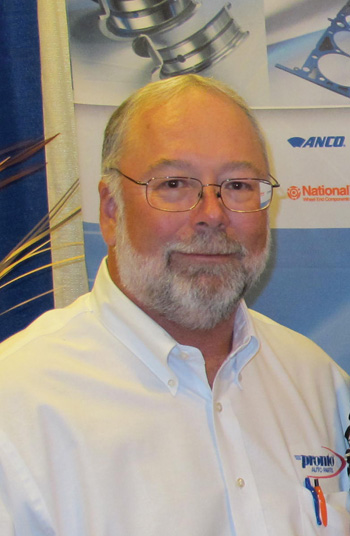 President of National PRONTO Association
President of National PRONTO Association
How important is data/data warehousing to your operations?
Data is critical to survival and future prosperity. Aggregating member data and mining that data for benchmarks and trends can lead individual members to better inventory stocking decisions.
How are you using technology/data to your group’s advantage?
We are currently aggregating sales and inventory data from our members.
We have installed and are beginning to use a leading BI (business intelligence) data-mining program.
These tools support our National Account Sales and Service programs. We are able to convey key metrics to our members graphically and in a data format that helps members stay aligned with key group initiatives.
We electronically exchange trading documents between members and vendors using Corcentric’s efficient one-to-many/many-to-one architecture. This approach eliminates redundant set-up and transmission costs and speeds member and vendor integrations. In addition, Corcentric’s EDI program includes analytical functions to speed reconciliation. All together, EDI substantially reduces back office labor and expense for both members and vendors.
Our EDI connectivity also supports real time Internet parts ordering [IPO]. Participating members can initiate a part availability inquiry, receive real-time information, place a firm purchase order, and receive confirmation that inventory has been allocated followed by shipment tracking information. This process conforms to the industry IPO standard, is fully electronic, and is completed in two minutes or less.
Several e-stores are used to link shops to Pronto distributors. These allow a shop from within his shop management system to check stock and place orders. This process is more efficient, reduces returns and strengthens the relationship between shop and distributor.
How are you tackling parts proliferation?
A cliché but true — the answer to parts proliferation is having the right part in the right place at the right time. There is no single answer but we are bringing a number of technologies together to achieve this goal.
Linking part number data warehouse data with ACES application data and VIO data produces better stocking decisions. We are currently looking to append failure rate data to complete the picture and also reviewing commercial inventory optimization programs available in the aftermarket.
We’ve employed several niche approaches to improving application data, especially for new vehicles. Show Me the Parts and Motor’s Counter Solution are two such applications in use today.
Accelerating receipt and improving accuracy of product information. We subscribe and strongly support the AWDA minimum common requirement, PIES-based product information file. We also support the full adoption of PIES in an XML delivery. In addition we are working with OptiCat and now the SEMA Data Co-op to assess their contribution.
What issues keep you up at night?
There are many areas we can be concerned about. We always worry about access to repair information, margin compression, parts proliferation and governmental issues affecting business. A major area of concern has been the car companies’ promotion that “aftermarket parts” are substandard and use of them may void the vehicle warranty. Continued education and support of the Magnuson-Moss Warranty Act ensures consumers know they have a choice when having their vehicles repaired.
What is the future for program group distribution?
Program groups that provide purchasing, marketing and technology services will continue play a critical role in the success of their members. By continuing to focus directly on the needs of the distributors, shops and car owners, we become a much stronger organization.
Mike Lambert
 President, Automotive Distribution Network
President, Automotive Distribution Network
How important is data/data warehousing to your operations?
Data warehousing is very important to the Network, one of the most important things we are doing right now. It is where we are spending a great deal of our resources and we know it will pay dividends to our members.
How are you using technology/data to your group’s advantage?
We are using technology in several ways to benefit our members. Not only are we providing the tools for our members to manage their ever-increasing parts inventory for them and their customers, but we also manage and stream their order processes to the vendors through our EDI system.
How are you tackling parts proliferation?
Parts proliferation will continue to grow. The business intelligence system we deployed using our data warehouse includes a robust demand forecasting feature that helps distributors know what parts to deploy into which stores. Our distributors can now reduce their stock depth by removing items from the locations not likely to sell there, and use those dollars to broaden their inventory and cover the growing number of vehicle makes and models.
What issues keep you up at night?
What will happen when the independent warehouse WD owners decide to exit the business? If they do not have another generation in which to hand the business, then they must sell. Very few WDs have sold to an independent third party and continued as they were. The Network has diversified our membership over the past few years with the addition of our other divisions. We now have many new and younger owners who will continue to allow us to grow.
What is the future for program group distribution?
Program groups will continue to provide the tools and services that the independent WD needs to compete with the larger, publicly traded auto parts distributors. Most of the tools and services the groups provide could not be created as effectively or economically by the members themselves. The groups still allow their members to appear as a national entity but with local ownership. The services we provide have changed with the times but the basic function of program distribution will remain the same — providing the services that help an independent warehouse distributor compete in the current environment, whatever that may be.
Dan Freeman
 President, APA— Automotive Parts Associates Inc.
President, APA— Automotive Parts Associates Inc.
How important is data/data warehousing to your operations?
Mining the data is the new frontier. APA’s data warehouse “Data Solutions” is the vehicle to place prescription application part numbers on the shelves of our members. The part numbers are determined by sales from technicians that hang those parts on vehicles in their shops. This process removes a great deal of guesswork when determining what to stock from newly released vendor part number lists. With more parts looked up and ordered electronically WDs have difficulty capturing lost sales. Data Solutions also is capable of determining the downside of the bell curve. Knowing what part numbers that are slowing is equally as important as knowing what to add.
How are you using technology/data to your group’s advantage?
Another feature of APA’s Data Solutions is our vendor portal this allows our vendor partners to tailor WD inventories nationally and by regions determined from technicians purchases after the box is thrown away. We all struggle with high returns. Knowing what to stock and adjusting inventories levels for ramping up and down sales of individual part numbers is a valuable tool for keeping within allowable annual return percentages.
How are you tackling parts proliferation?
The answer to questions one and two has been APA’s main thrust dealing with parts proliferation. With so many vehicles being scrapped with the majority of the OE parts not changed out in their lifetime makes knowing what to stock difficult. Even a vehicle with a high production number may go 200,000 miles with the original alternator, so putting that alternator in stock doesn’t guarantee a sale.
What issues keep you up at night?
Consolidating marketplace among parts distributors, manufacturers and repair centers, fewer customers and less selection. There has been a great reduction in dealerships and service bays. This has definitely helped the general repair shops for now.
What is the future for program group distribution?
The program groups are providing more services than ever to their members, including data warehousing, training at all levels and recommendation of GPS tracking system for delivery vehicles, among other things. Our members are relying on the group to research and recommend not only parts manufacturers but many more services and service providers. The program groups level the playing field to an extent between the independent distributors and the retailers. The APA website has been a great source for information, the one-stop shop for our members.
John Washbish
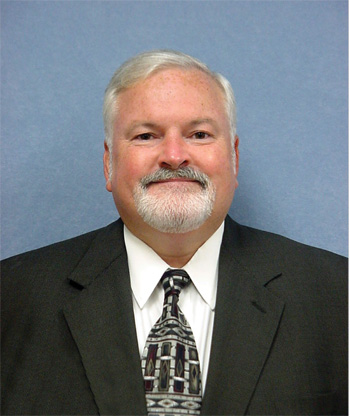 President and CEO, Aftermarket Auto Parts Alliance
President and CEO, Aftermarket Auto Parts Alliance
How important is data/data warehousing to your operations?
Mark, we cannot over-emphasize the importance of quality data and a robust repository and utility like the Alliance Data Warehouse (ADW). As you may know, we just earned the R.L. Polk Inventory Excellence Award for 2012 and the basis for that was the ADW. When we implemented the Data Warehouse 11 years ago, some folks didn’t see the value of it. Now, we have 11 years of POS data and the value is apparent and abundant. And the value is increasing in direct relationship with the quality of data we get from our channel partners, which is getting better by the day. Truth is, we can’t imagine operating without the Alliance Data Warehouse and the data that it transforms into the business intelligence we need.
How are you using technology/data to your group’s advantage?
It might be easier to tell you where in the business we’re not using it. Seriously, if you look at the Alliance Technology Suite, which includes the three modules in our Inventory Optimization Tool, the seven modules in My Place for Parts and the Alliance Data Warehouse that feeds it all, we’re taking advantage of technology from top to bottom and front to back. We’re using it not only to cut costs and increase revenue and profits for our members, but also to enhance relationships up and down the supply chain.
How are you tackling parts proliferation?
With great gusto! Proliferation is a double-pronged issue. New makes and models are coming to market faster than ever before and at the same time the average age of vehicles is the highest it’s been since WWII. Not only are we adding new parts at breakneck speed, we’re also having to keep older parts around longer. You asked about how we’re using technology. Well, this issue demands the use of robust technology. Our Inventory Optimization Tool, IOT for short, provides our members with extraordinary forecasting and inventory modeling capabilities. It also facilitates inventory profiling that identifies non-productive stock and other stock excesses.
For example, IOT utilization has helped our members to expunge some $38 million worth of inventory that had no sales/transactions for 24 months or more. Also, our members’ inventory turns on product lines processed through IOT are up by .75 percent. That, combined with other efforts, has improved our shareholders’ working capital by an average of 15 percent! No other program group can quantify and report these types of advantages for their members. Our investments in technology produce results for our members, and give them a clear competitive advantage in the market.
What issues keep you up at night?
Interestingly, technology is handling many of the things that would be keeping us up at night but technology also is something that has us concerned. I’m talking about OE technology and the possibility that OEMs will be allowed to deny aftermarket access to what’s required to diagnose and repair new vehicles. That’s why we urge everyone in the aftermarket to support the Right to Repair efforts that are under way.
What is the future for program group distribution?
The future is bright for program groups that create real value for members, their channel partners and customers. If a group’s goal is just to buy at a lower price by dangling more volume in front of its suppliers, with a strategy of signing anyone and everyone to get the volume, then what value is created for anyone except its own members? The future is in collaboration up and down the channel to optimize efficiencies and deliver the best package to customers. That’s the future we’re working on today at the Alliance.






